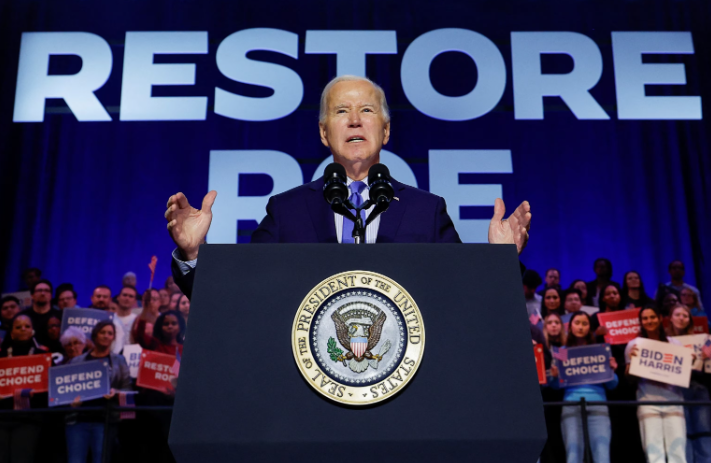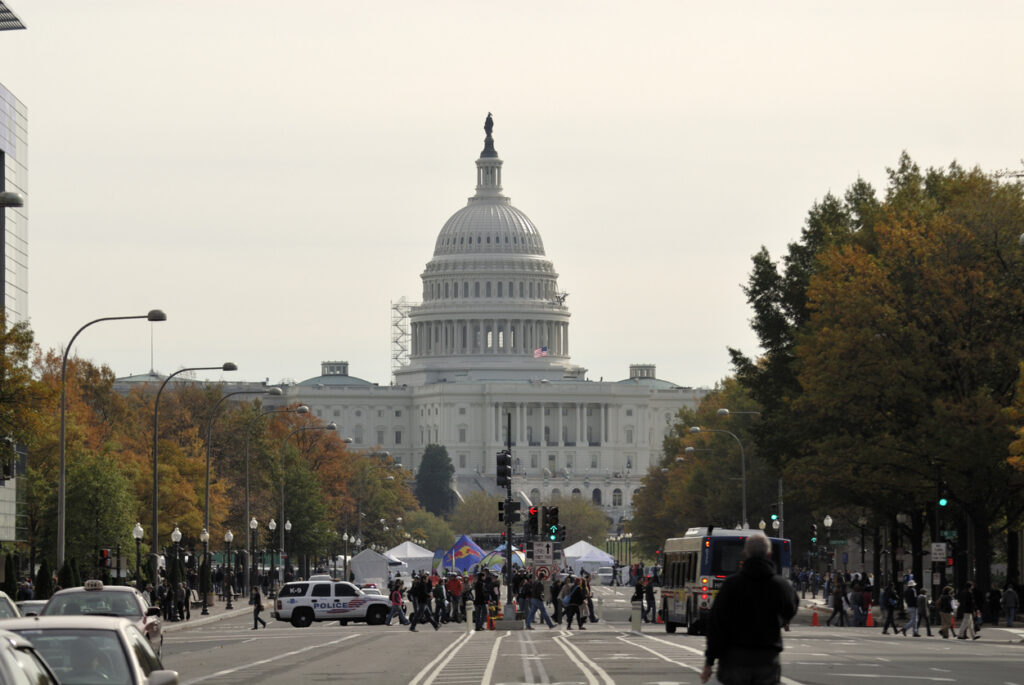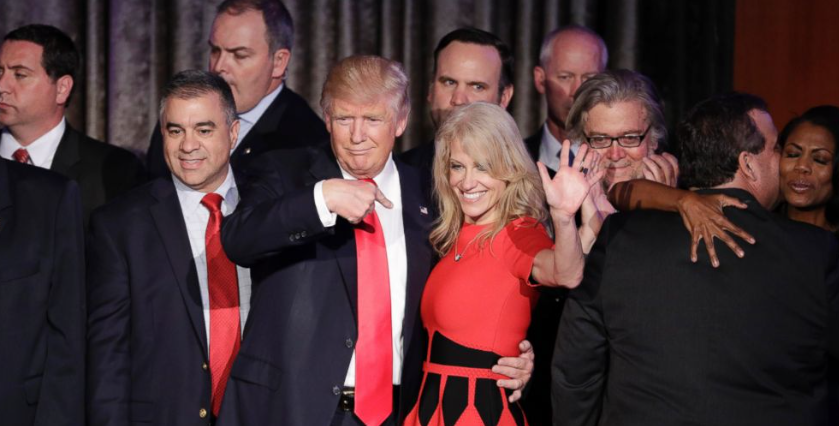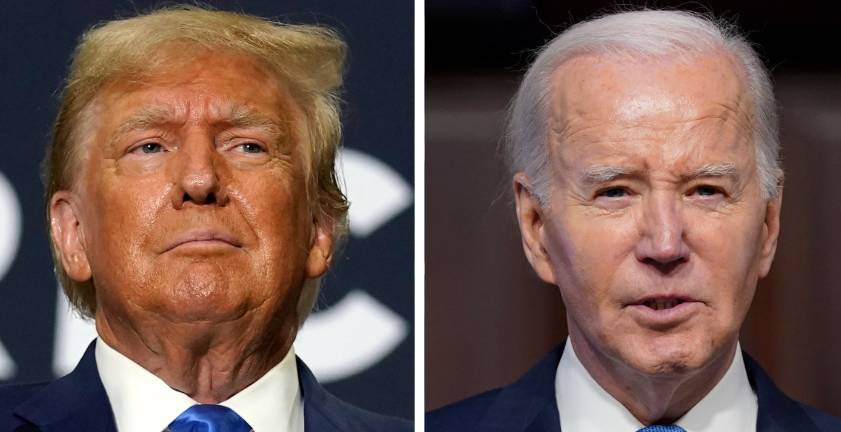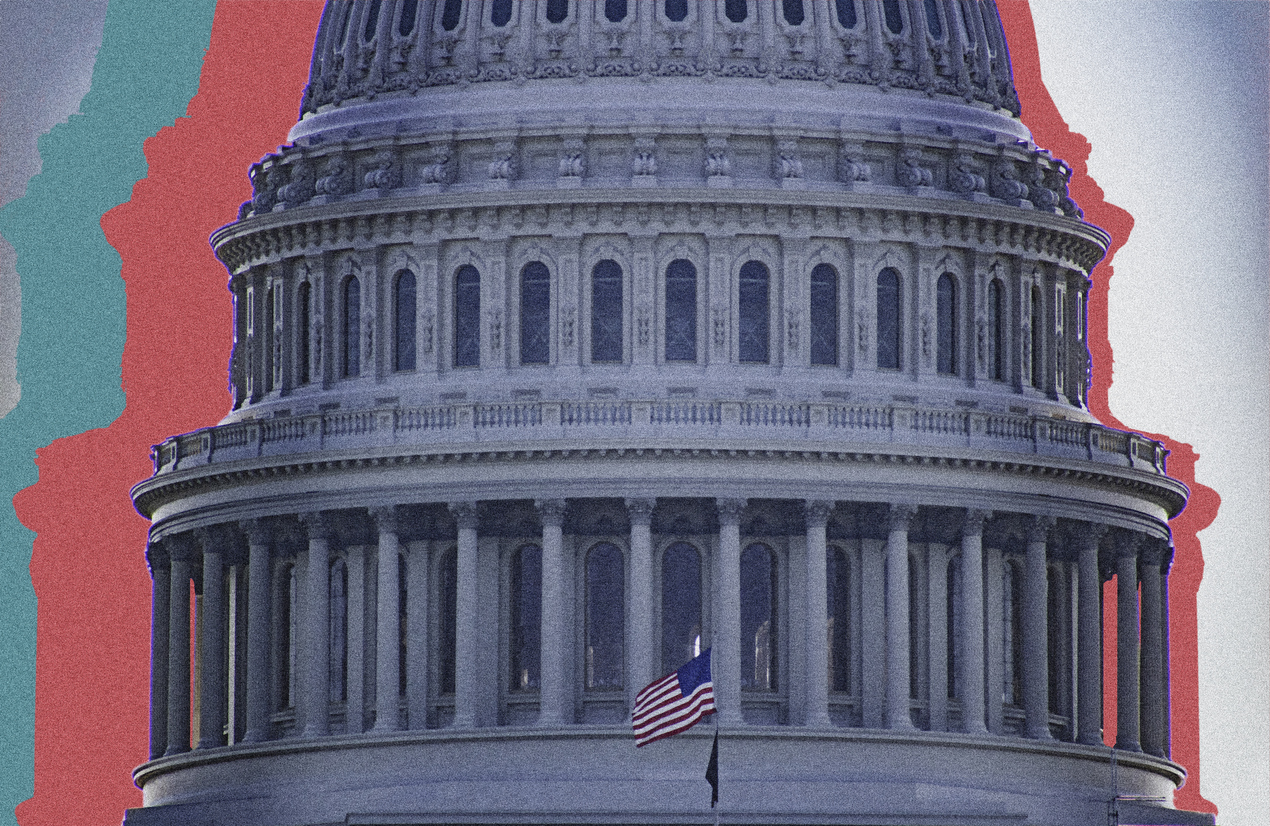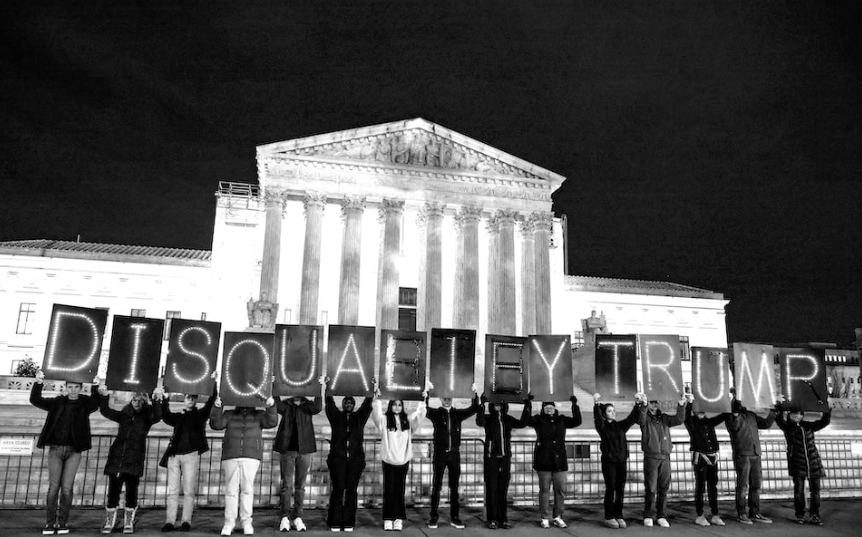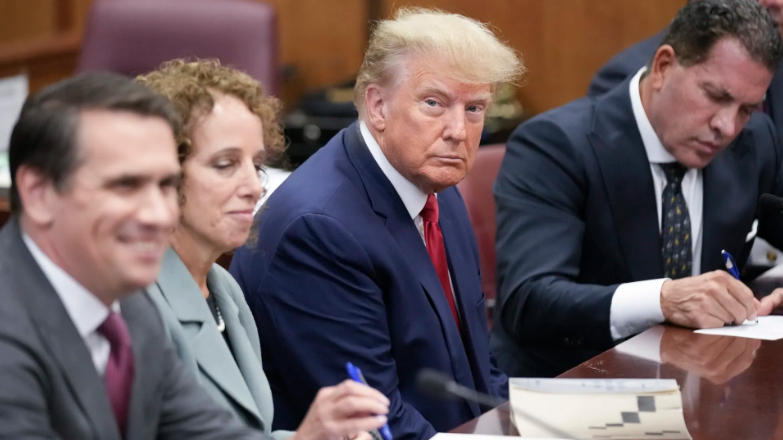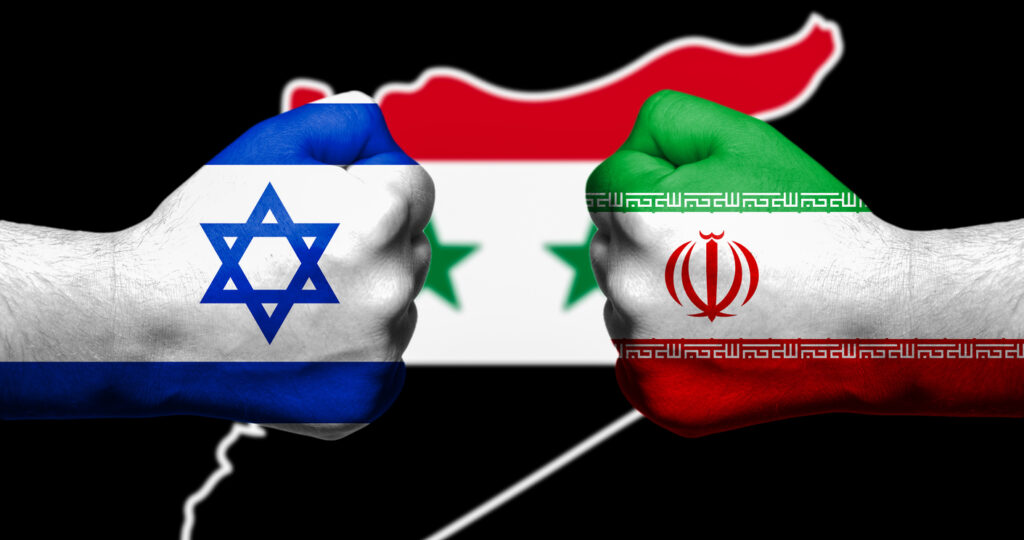
In the wake of Iran’s recent attacks against Israel, President Joe Biden has adopted a notably low-profile approach, an intentional strategy aimed at de-escalating tensions rather than inflaming them. This restraint comes amid complex geopolitical dynamics and reflects a careful balancing act designed to manage a highly volatile situation without exacerbating it further.
The Decision Against a Public Address
Following discussions among White House aides, the decision was made against President Biden delivering a national address in the immediate aftermath of the attacks. Despite the availability of such a platform, concerns that a high-profile speech could inadvertently escalate tensions influenced the decision. An official noted, “Putting the president behind the Resolute Desk turns up the temperature,” highlighting the administration’s preference for a more subdued approach.
Biden’s Strategy Throughout the Crisis
This low-key strategy is not new to Biden’s administration but continues the approach taken since the conflict’s escalation on October 7, when Hamas militants attacked Israel. Initially, Biden strongly supported Israel through both public affirmations and private reassurances. However, as the conflict has progressed, his administration has increasingly sought to temper its public involvement, focusing instead on behind-the-scenes diplomacy and strategic support.
Navigating Complex International Waters
Over the weekend, the president engaged with global and regional leaders, discussing potential measures like imposing sanctions on Tehran or designating the Islamic Revolutionary Guard Corps as a terrorist organization, aiming to coordinate a restrained response to the attacks. Such diplomacy underscores the administration’s preference for a collective and measured international approach to Iran’s provocations.
Response and Reactions
The U.S.’s support for Israel was evident as Israeli forces, with U.S. assistance, successfully intercepted the majority of the 300 drone and missile strikes launched by Iran. National Security Council spokesperson John Kirby praised Israel’s defensive capabilities, asserting, “Our commitment is ironclad to helping Israel defend itself.” Meanwhile, the president has avoided making immediate public comments, choosing instead to prepare for a more informal response in the coming days.
Political Repercussions at Home
Back in the United States, the president’s strategy has stirred a mix of support and criticism. Republicans have been vocal about their concerns, suggesting Biden’s response has been inadequate in deterring Iranian aggression and too cautious in supporting Israel. Such criticisms reflect broader debates within U.S. politics about the best approach to Middle Eastern policy and support for Israel, particularly as the U.S. navigates its role on the international stage.
The Path Forward
As the situation develops, Biden’s administration remains focused on forging a diplomatic path forward, balancing the need to support Israel with the imperative to prevent a broader regional escalation. The White House hopes for a resolution that avoids further conflict but is prepared for the complexities of a prolonged engagement if necessary.
Conclusion
President Biden’s response to the recent attacks on Israel by Iran illustrates the delicate nature of international diplomacy. By maintaining a low profile and focusing on strategic, behind-the-scenes actions, Biden aims to manage the situation thoughtfully and prevent further escalation. This approach, while sometimes perceived as passive, is a strategic choice aimed at stability and measured response in a region where tensions can rapidly lead to significant conflict. As events continue to unfold, the administration’s ability to navigate these complex geopolitical waters will remain critically important.



